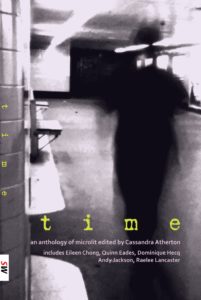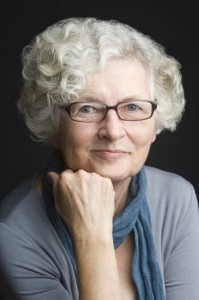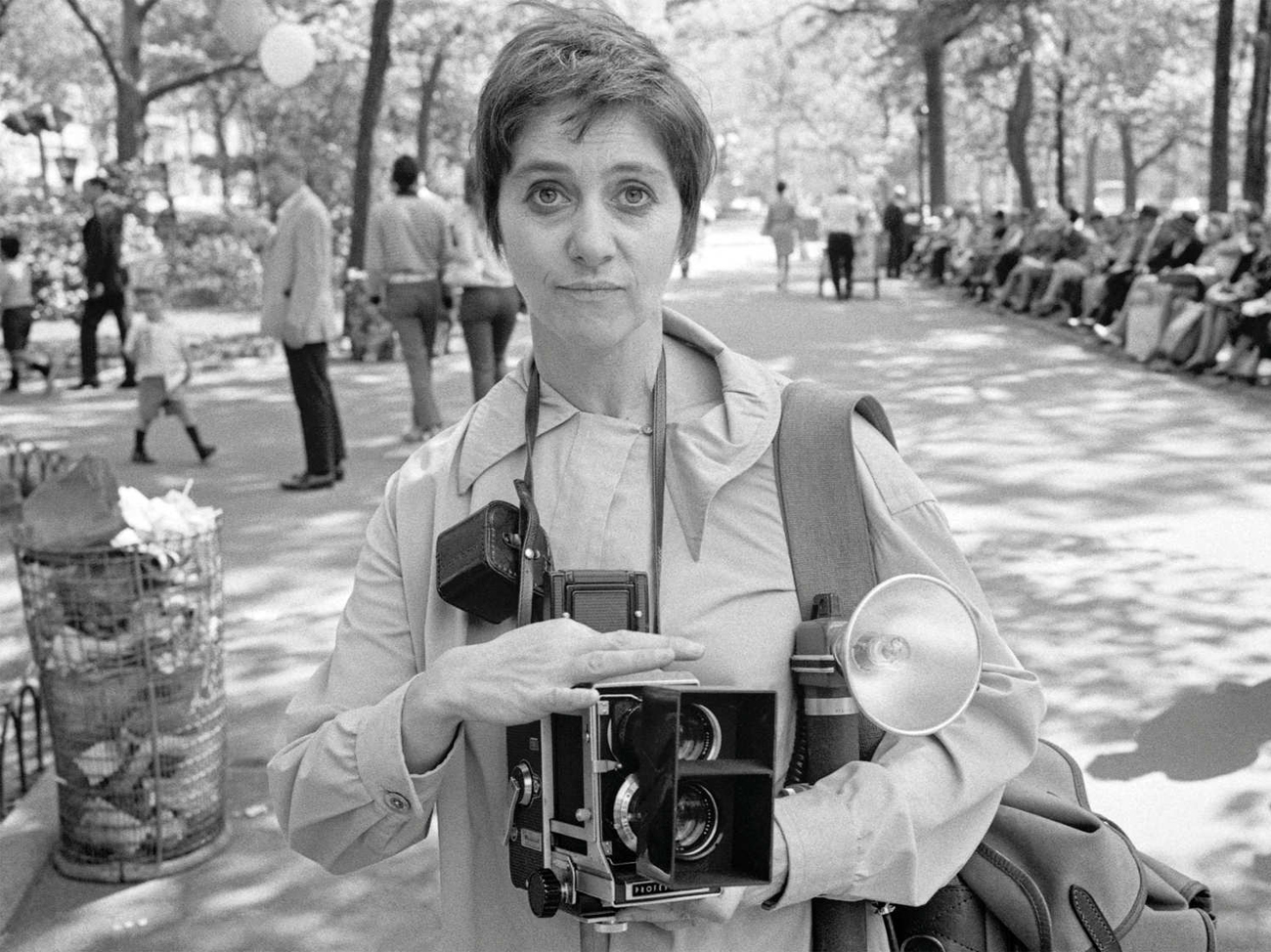We spoke with Julie Chevalier about ‘An American Photographer Fails To Snap Australian Night Parrot’ which appears in Time, the latest Microlit anthology edited by Cassandra Atherton and published in 2018 by Spineless Wonders. In this interview, Julie talks about her approach to writing microlit, what she is reading right now and her favourite time of year for putting pen to paper.
1. Tell us about the inspiration behind your microlit for the Time anthology.
When I was writing ‘American photographer fails to snap Australian night parrot’,that nearly extinct bird seemed to be the subject du jour. Writing about what seemed to be a cliché, a bird I knew nothing about and was unlikely to ever see, presented an interesting challenge. I googled. I opened drawers at the Australian Museum and peered at the sad, sad specimens. I decided to go for bad taste.
I mashed that reclusive bird with what I already knew about dead American photographer, Diane Arbus. I imagined what she would have thought if she had travelled to Australian in search of another kind of freak to snap.
2. When it comes to microlit, do you generally start wide and then cut down or do you always plan to write a particular piece as microlit?
I can’t remember bonsai-ing a short story. Genre-bending a piece between flash fiction and prose poetry? Frequently.
3. How do you balance reading time with writing time? And tell us about the book/s you are reading at the moment.
I make time to read and write every day. It is 15 December 2017. On the trunk that serves as my coffee table are:
Best Australian Poetry 2017, Best American Poetry 2017, Best American Short Stories 2017, The New Yorker (recent issues), Rabbit 22, Jazz, Michael Farrell’s I love Poetry.
Elizabeth Strout’s Anything Can Happen, Olive Kittredge, My Name is Lucy Barton and Anything Can Happen are about redemption. Strout shows you the worse about her characters and then the best.
4. What is your favourite season? Do you prefer to write in winter or summer and why?
Whatever the season, I am sunniest writing and editing something that I am experimenting with, something I am teasing out. Passion, fun, having something to say, having a challenge, and solving a problem are all important.
Diane Arbus. Image from hammer.ucla.edu
 JULIE CHEVALIER has written or co-edited six books of poetry and short fiction. Darger: his girls was awarded the Alec Bolton
JULIE CHEVALIER has written or co-edited six books of poetry and short fiction. Darger: his girls was awarded the Alec Bolton
Prize for an Unpublished Poetry Manuscript, and shortlisted for the WA Premiers’ Poetry Prize.

